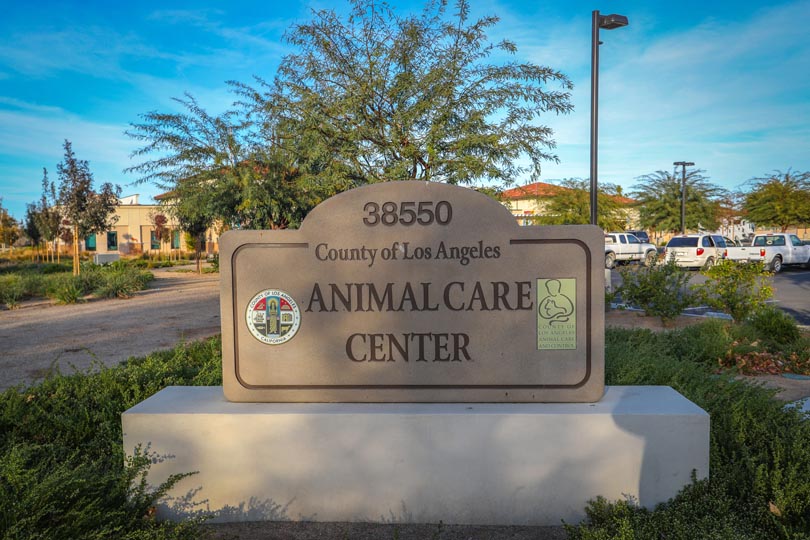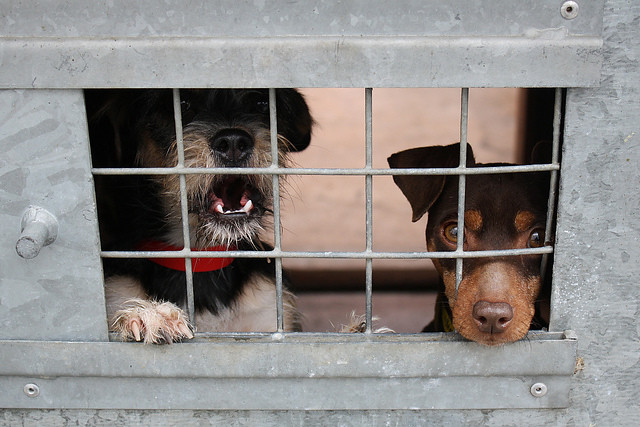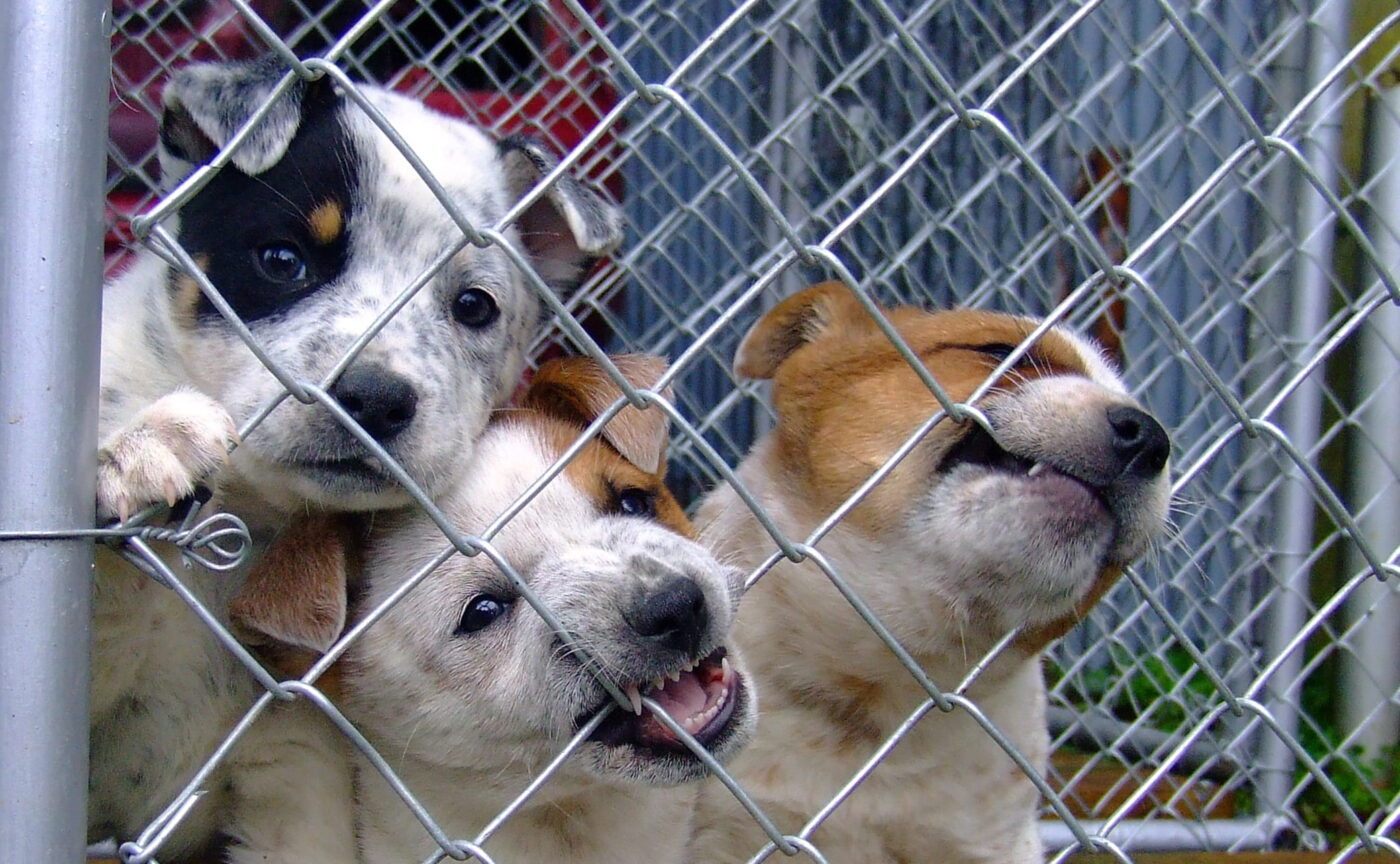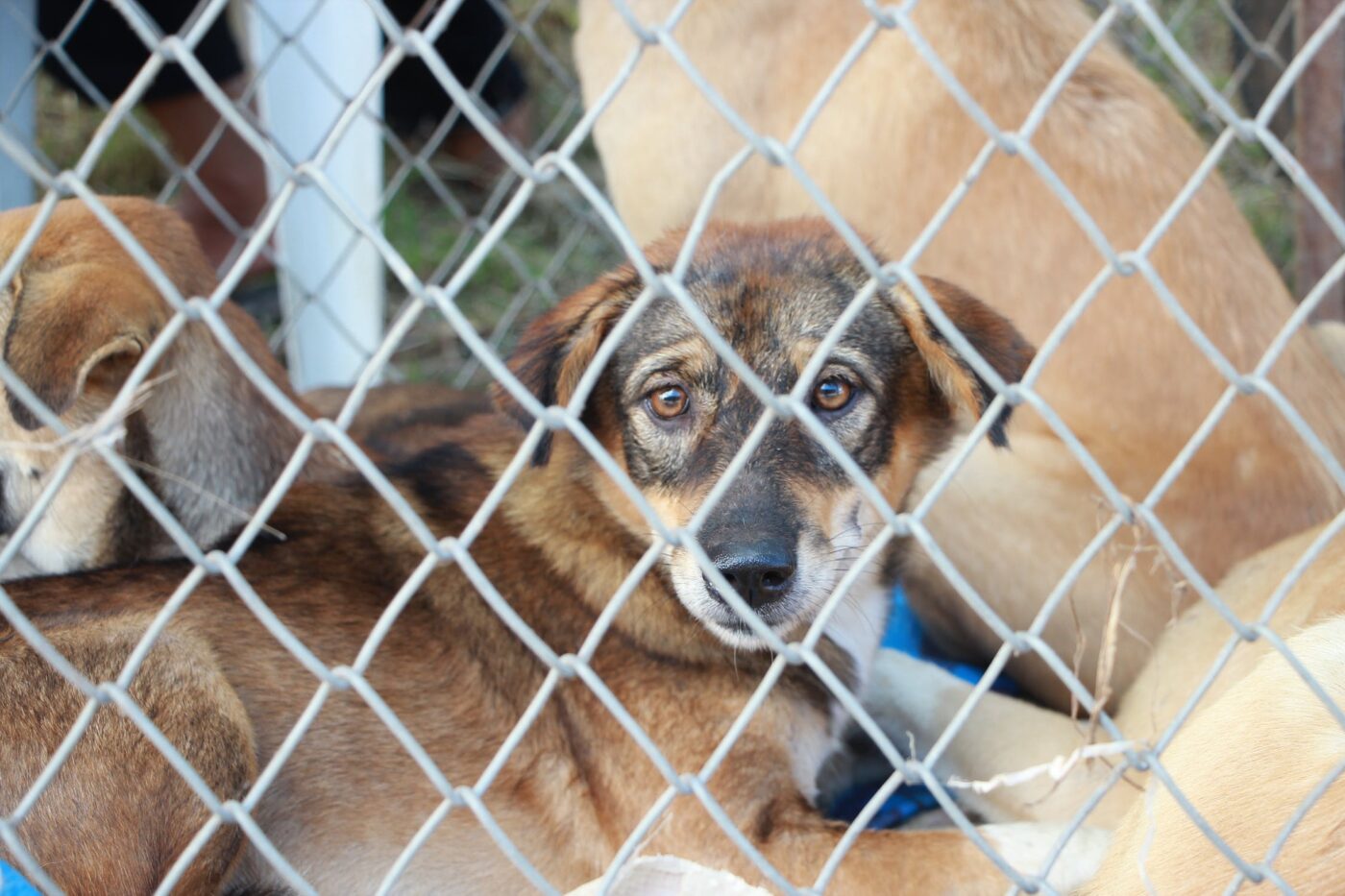L.A. County, which covers the whole city of Los Angeles plus Lancaster and Santa Clarita, has a big animal intake problem. Municipal shelters are often overcrowded, and sadly this means adoptable dogs and cats are euthanized every day to make more room.
In the fiscal year of July 2020 through June 2021, 6,899 animals were euthanized across all L.A. County animal care centers. That number accounts for approximately 30% of all the animals brought in to L.A. County shelters.

In order to reduce the number of animals brought to their shelters and save more lives, L.A. County shelters recently changed their owner surrender processes. The shelters argue this improves conditions for the animals and their chances of finding homes, while critics worry it poses too many challenges for owners and potential adopters.
The “Managed Intake” Approach
The county shifted to a “managed intake” approach early in the pandemic while its shelters were closed to the public. Under the new strategy, people wishing to surrender their dogs or cats must make an appointment rather than just showing up during business hours.
At that time, shelter workers will assess what they can do to help the animal stay with its owner. This could mean providing assistance with vet bills, food, and supplies, or boarding or training for behavioral issues.

This new protocol aims to only accept sick, malnourished, injured, neglected, or dangerous animals or pets whose parents are facing a real emergency and have exhausted all other options.
Lanette Montez, who leads the county animal shelters’ outreach team, told L.A. Times:
“If you come to our doors and you say, ‘I’m turning in Fluffy because she has an ear infection, and I can’t afford to fix it,’ or ‘I’m getting put out of my house, and I don’t have anywhere for her to go for two weeks,’ or ‘I don’t have any food,’ we can help you with all of that. You keep Fluffy. We don’t want Fluffy.”
Pros And Cons Of The Managed Intake System
Since LA County shelters began implementing managed intake, owner surrenders have decreased by 58% for dogs and 68% for cats. The county also reported that respiratory illnesses among the animals have decreased by 53% for dogs and 82% for cats in the less crowded conditions.
For some reason, cats have fared a little better, thanks to the changes. The euthanasia rate for cats dropped from 48% to 31%, and the live release rate (meaning adoptions or transfers to other rescue groups) has increased from 54% to 68%. Euthanasia rates have only decreased from 12% to 11% for dogs, and live release remains about 88%.

The appointment requirement has also proven to be an issue in some cases. At some shelters, appointments need to be made a week in advance, which results in a 51% no-show rate. In response, county officials are adding more slots to reduce the wait time.
Critics of the managed intake protocols also say owners opt to simply abandon their animals instead. Others note that private rescue organizations are now inundated with animals turned away from the city shelters.
Paw Parent Animal Sanctuary in the Antelope Valley now gets four times as many calls and emails. Dusti Hutchings, adoption specialist for Paw Parent, said:
“We’re just bombarded every day with people trying to give up animals we don’t have room for.”

Volunteers are concerned that clerical staff, rather than animal control professionals, are the ones deciding whether to accept a pet. They argue that the burden to find homes for animals is now being placed on the public.
Ultimately, crowded animal shelters are a symptom of larger societal problems like inequality. Time will tell whether managed intake addresses those issues better and reduces shelter intake numbers.
H/T: LA Times
 Toledo, United States.
Toledo, United States.
